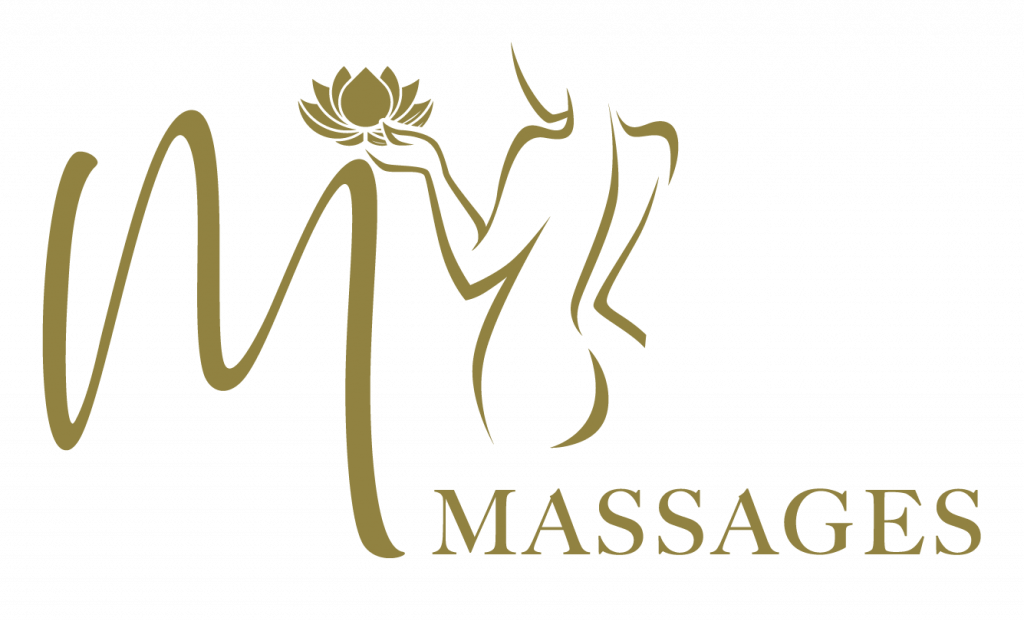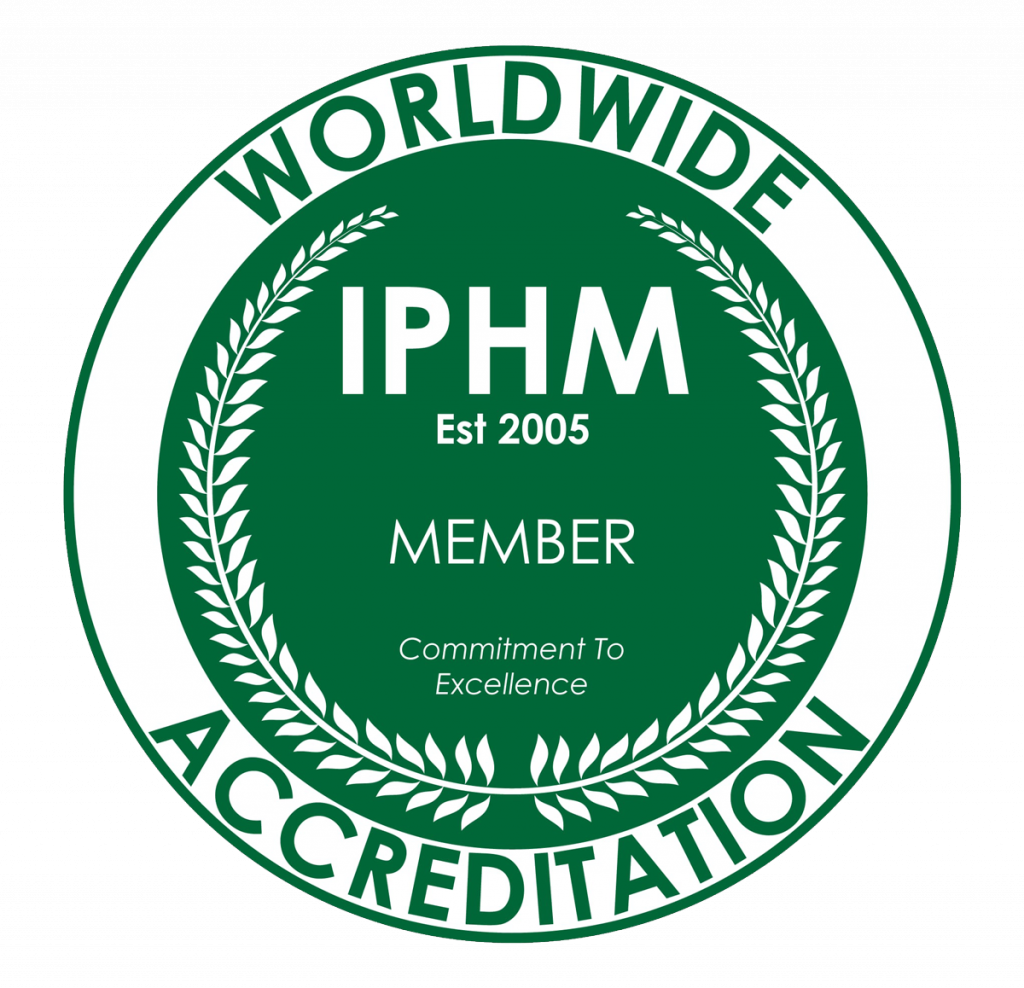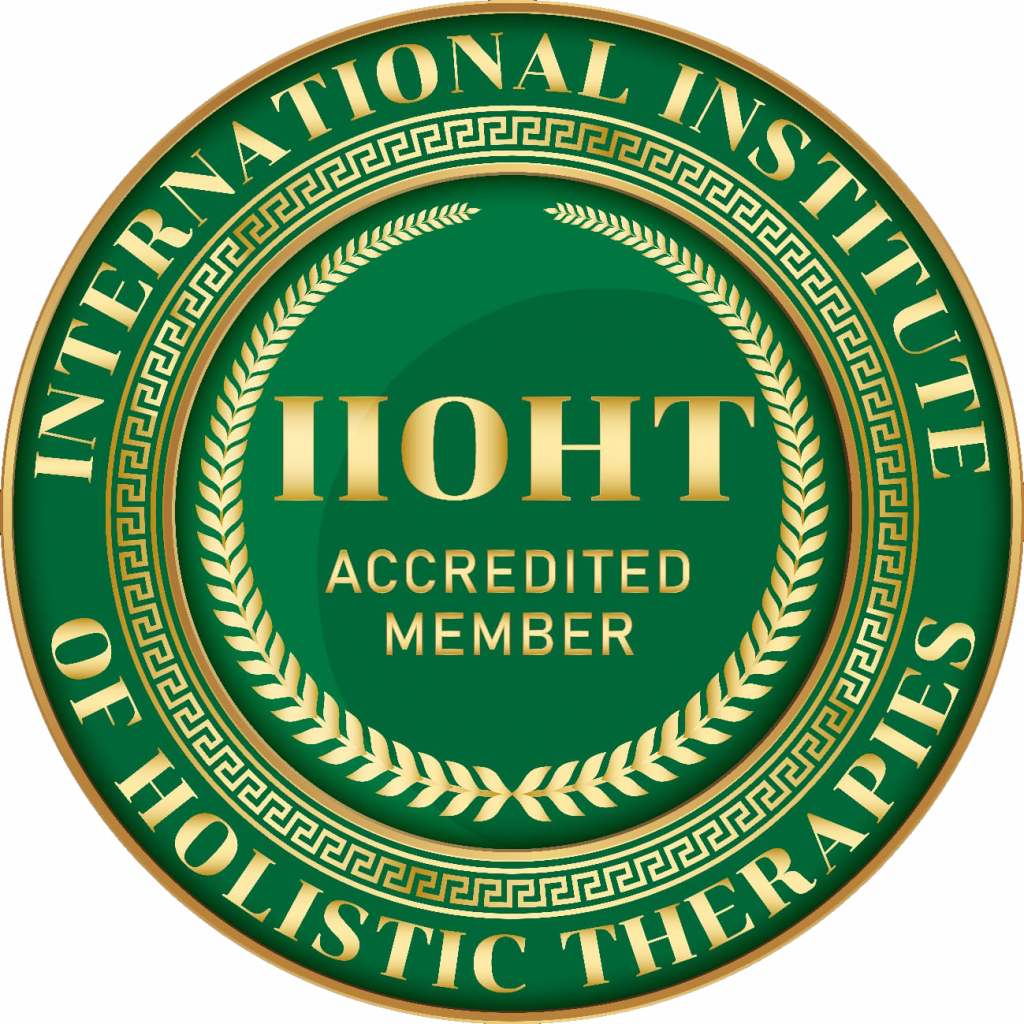The power of a gentle touch can bring about positive changes in people’s lives.
Touch is one of our five senses, alongside sight, smell, hearing, and taste. “The sensory system acquires and processes information, contributing to an individual’s awareness of their environment” (source: https://www.ncbi.nlm.nih.gov/books/NBK547656/).
Quoting James J. Gibson (1966), “Touch is a fundamental form of non-visual perception that plays
a crucial role in nearly all our sensory experiences.” From the perspective of a massage therapist, the language of touch can allow us to understand what someone has experienced in life and can also express what we feel. In this article, I will explore the meaning and power of touch in relation to my holistic massage therapies.
According to Phyllis K. Davis (1999), physical contact is not only a biological need but also a language that communicates love more powerfully than words. It can provoke or inspire. Social distancing, which we all experienced during the pandemic, has reminded us of the essential role touch plays in our well-being. Touch is the sense we often take for granted; however, in psychology literature, there is a term for the feelings of deprivation and abandonment we experience when we denied touch: “skin hunger.” The lack of touch can lead to compulsive overeating, restlessness, drug abuse, promiscuity, and workaholism. Dr Tiffany Field, the director of the Touch Research Institute at the University of Miami’s Miller School of Medicine stated that lonely people can succumb to touch deprivation and need to be embraced. Touch deprivation can be presented as a lack of tactile stimulation of our largest sensory organ, which is the skin, particularly in early infancy. She also said that touch deprivation provoke depression and debilitates the immune system whereas positive touch is beneficial in the reduction of the stress hormones like cortisol, that can impair the immune system.
Bodily contact is the first language we experience as babies, releasing endorphins and connecting us with others. Touch is the basic animal instinct that lets us know we are alive in the world; it is our first sensation.
The earliest forms of medicine recognized the significance of this human need to touch and be touched. The practice of healing massage developed in India, China, and Southeast Asia by the third millennium BCE before spreading westward. The Greek god of healing, Asclepius, cured people by touching them. The word “surgeon” originally meant “hand healer,” derived from the Greek words for “hand” (kheir) and “work” (ergon). Jesus cured the sick with the laying on of hands.
A gentle touch can bring about positive changes in people’s lives. Touching can influence behaviour and enrich a daily life.
The act of touch is facilitated by sensory receptors buried in the skin at different depths, detecting various stimuli such as warmth, cold, or pain. One of these receptors, the Pacinian corpuscle, reaches out to detect pressure and vibration, even movements smaller than a millionth of a meter.
The tender touch of others has the power to boost the immune system, lower blood pressure, decrease the levels of stress hormones such as cortisol, and trigger the release of natural opiates, like painkilling drugs. People with dementia who are hugged and stroked are less prone to irritability and depression.
On the other hand, there are people who find being touched difficult, such as individuals with autism.
We all need touch in our lives, from birth to death, to maintain our emotional and physical well-being. The ability to choose, tailor, and use the proper technique of touch is crucial in efficient massage therapy. As a massage therapist and bio-somatic bodywork therapist, I can ensure for a client a safe space to discuss the “touching taboos”, the “non-touching” atmosphere in client’s environment, or
a “touching trauma” from a childhood. If you are looking for ways to feel more comfortable touching others or being touched, my holistic therapies can be beneficial. Most importantly, every person who comes to me should feel comfortable and experience positive changes in life after a session with me.
.
Martyna- Mmassages
References:
- Phyllis K. Davis, 1999, “The Power of Touch”, Hay House, Carlsbad, Calif.
- Gibson, J. J. (1966). The senses considered as perceptual systems. Boston, MA: Houghton Mifflin.
- Mahesh Gadhvi; Marlyn J. Moore; Muhammad Waseem, “Physiology, Sensory System”, available at: https://www.ncbi.nlm.nih.gov/books/NBK547656/, [accessed 1.10.2023]
- “The power of touch: is this the sense we’ve missed most?”, an article available at: https://www.theguardian.com/lifeandstyle/2021/feb/28/the-power-of-touch-is-this-the-sense-we-have-missed-most, [accessed 1.10.2023]
- “How lack of touch can impact us”, an article available at: https://www.psychreg.org/touch-deprivation-mental-health/, [accessed 1.10.2023]





